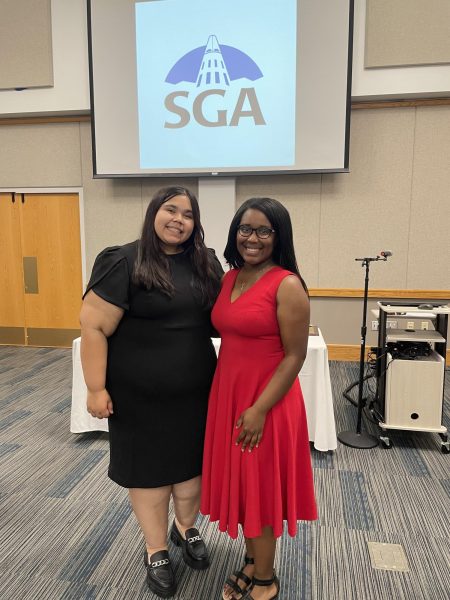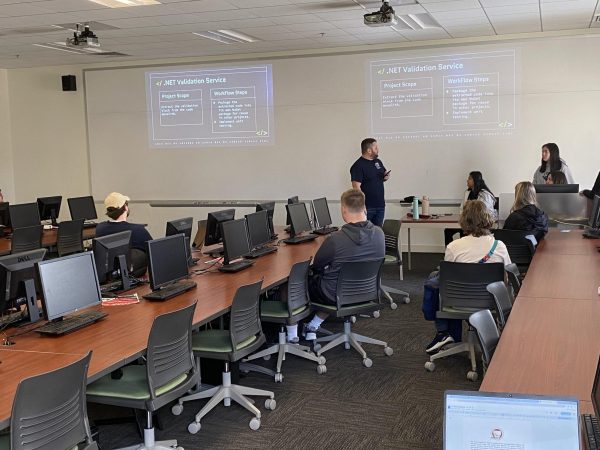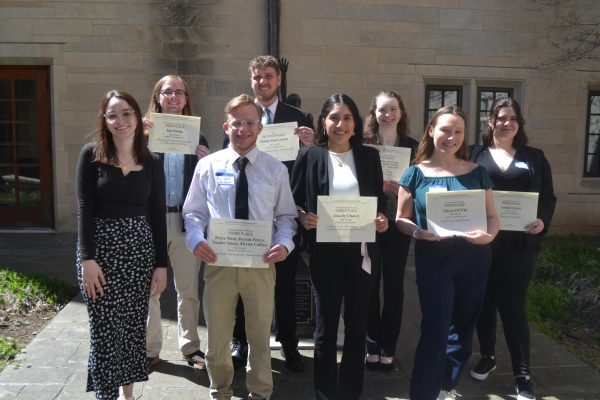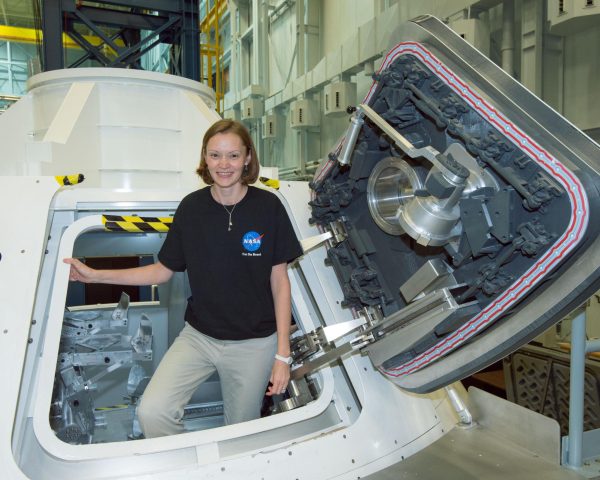Assistant dean wins ‘dietitian of the year’
Julie McCullough, chair of the food and nutrition program, won Outstanding Dietitian of the Year in the state of Indiana Thursday.
The award is through the Indiana affiliate of the Academy of Nutrition and Dietetics, which is the largest organization of food and nutrition professionals in the United States. The organization represents over 100,000 credentialed practitioners including registered dietitian nutritionists, dietetic technicians, and other dietetics professionals holding undergraduate and advanced degrees in nutrition and dietetics.
McCullough has been part of the organization for 30 years and the award was voted on by other members of the organization.
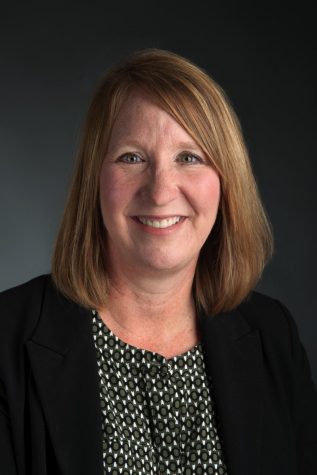
“It’s nice to be recognized by your peers,” she said. “To be recognized at the University of Southern Indiana in the southwest part of the state by individuals who are both in education and also in practice, it’s important.”
McCullough, who also serves as assistant dean of the College of Nursing and Health Professions, got her undergraduate degree from Purdue University and graduated with a Ph.D. from the University of Tennessee, Knoxville.
When she began teaching at the university in 1999, McCullough said there was only one nutrition class and the food and nutrition program did not exist. The program was granted a minor in 2001 and a major in 2005.
“We were really feeling the need down here. There’s not another program within two and a half hours away,” she said.
As chair of the department, McCullough oversees three full-time faculty and five adjuncts.
She said the program is currently working on getting a graduate degree.
“We try to meet some of the needs of the dietitians in our community that don’t have a master’s degree and people around the region who need that,” she said. “It takes a while, and there are always questions that need answered.”
McCullough said there’s always some new challenges and changes coming forward in the discipline.
For example, she said students have to have a master’s degree by 2024 in order to take their exam when it used to be at undergraduate level.
She said she expects the degree to be up and running in about two years.
“With all this new information and these new requirements, you’re always having to keep up,” she said.
McCullough, who practiced as a dietitian for about 10 years before transitioning into academia, said the transition was the most difficult part of her career.
“I try to stay in practice,” she said. “I still try to see individuals that need something, but I like to keep my foot in what’s really going on in our world and kind of keep applying it back to the classroom. When you love what you do, it’s hard not to want to be involved in everything, and you have to kind of pick and choose what you do and try to be effective.”
McCullough said that other professionals in the field have tried to help academia with the new information.
“They are trying to synthesize the evidence for us so it makes it a little bit easier, and I think that’s one of the benefits of being in a professional organization is those individuals who are trying to provide us with the information easily, that we can get to, so we aren’t buried in it every day,” she said.

